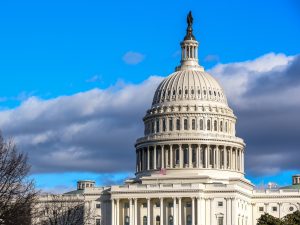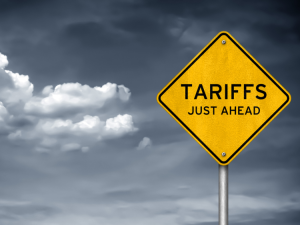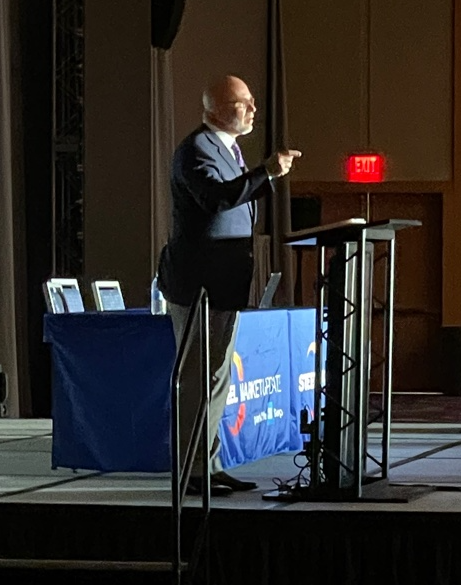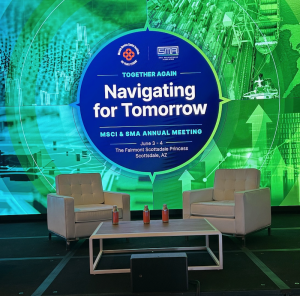
Steel Caucus hears unified call for tougher trade enforcement
Members of the Congressional Steel Caucus met in Washington on Wednesday to assess the state of the domestic steel industry. Lawmakers and industry leaders discussed the importance of Section 232 tariffs, strong trade enforcement, and continued investment in American steelmaking.








